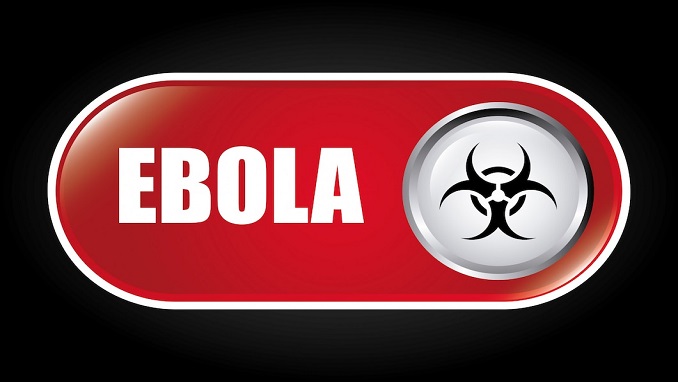After the Uganda Virus Research Institute confirmed a case of the rare Sudan ebolavirus in a 24-year-old man in Mubende district, Uganda’s health authorities declared an outbreak of Ebola, the World Health Organization (WHO) reported last week.
Ebola is a severe, often fatal virus that causes severe bleeding and organ failure. Ebola affects humans and other primates.
Three of the six different strains of Ebola – Bundibugyo, Sudan, and Zaire – have caused large outbreaks in the past. The death rate of the Sudan strain in past outbreaks has varied from 41% to 100%.
The Mubende case is one of the eight suspected cases currently receiving care in a health facility. The Ministry of Health confirmed the case as part of the investigation of six suspicious deaths in the district this month conducted by the National Rapid Response team.
“This is the first time in more than a decade that Uganda is recording an outbreak of Sudan ebolavirus. We are working closely with the national health authorities to investigate the source of this outbreak while supporting the efforts to quickly roll out effective control measures,” said Dr. Matshidiso Moeti, World Health Organization (WHO) Regional Director for Africa.
According to the WHO, there have been seven previous outbreaks of Sudan ebolavirus: four in Uganda and three in Sudan.
Only one approved Ebola vaccine
The only approved vaccine is the Biotechnology Innovation Organization (BIO) member Merck’s Ebola vaccine, Ervebo, which the FDA approved in 2019. The vaccine is currently used to ring-vaccinate high-risk people in African nations to help control the spread of Ebola.
However, according to WHO, it was only approved for the Zaire virus.
There’s another vaccine produced by Johnson and Johnson, another BIO member company. This vaccine may be effective, but the WHO noted that “it is yet to be specifically tested against Ebola Sudan.”
The company said in April 2021 that the WHO “granted Prequalification status” to the vaccine regimen, which is “an important stepping stone to registration in African countries at risk of outbreaks and broader access to those most in need.”
WHO recommends two new Ebola medicines
Only a day before the outbreak was confirmed, the WHO recommended two new lifesaving medicines to treat Ebola: the monoclonal antibodies mAb114 (known as Ansuvimab or Ebanga) and REGN-EB3 (Inmazeb).
BIO member Regeneron’s Inmazeb is an antibody cocktail shown to significantly reduce mortality in a 2018-2019 trial during an Ebola outbreak in the DRC. Inmazeb was the first therapeutic the U.S. Food and Drug Administration (FDA) approved in 2020 specifically to treat “Zaire ebolavirus infection in adult and pediatric patients.”
“The treatment consists of three monoclonal antibodies of similar structure, atoltivimab, maftivimab, and odesivimab, that bind to different, non-overlapping epitopes on Zaire ebolavirus glycoprotein. The three antibodies help neutralize the Ebola virus by blocking its ability to invade patients’ and/or enlisting other immune cells to target infected cells and remove them from the body,” according to Regeneron.
They’re part of the recommendations included in the WHO’s first guidelines on the viral disease, published last week. The WHO says these medicines “will support healthcare providers caring for Ebola patients as well as policymakers involved in outbreak preparedness and response.”
“This therapeutic guide is a critical tool to fight Ebola,” said Dr. Richard Kojan, co-chair of the expert group selected by WHO to develop the guidelines, and President of ALIMA, The Alliance for International Medical Action.




